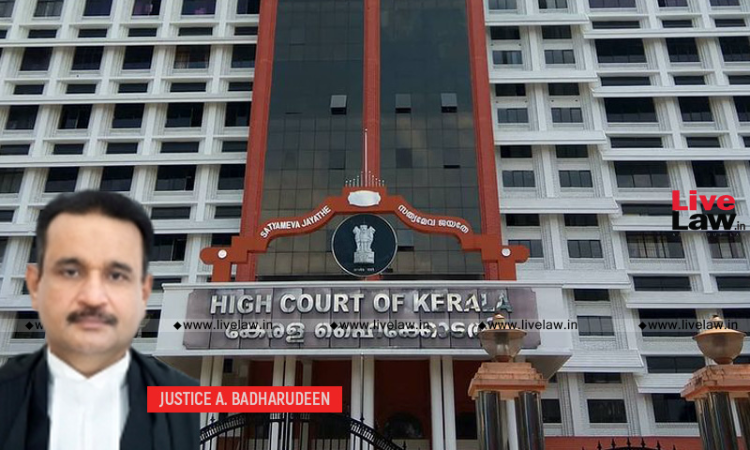Claiming Adverse Possession After Encroachment Into Public Road Not Admissible: Kerala High Court
Hannah M Varghese
27 Feb 2022 10:03 AM IST

The Court also added that powers under Article 227 cannot be exercised like a 'bull in a china shop'.
Next Story


